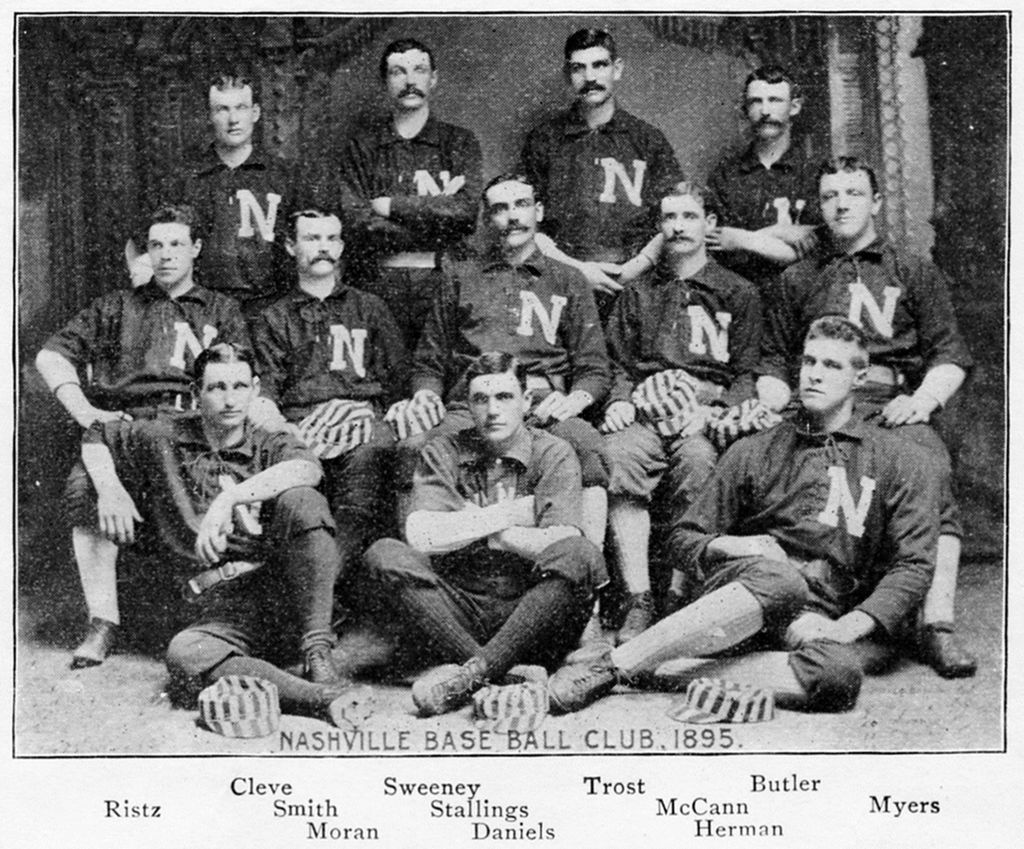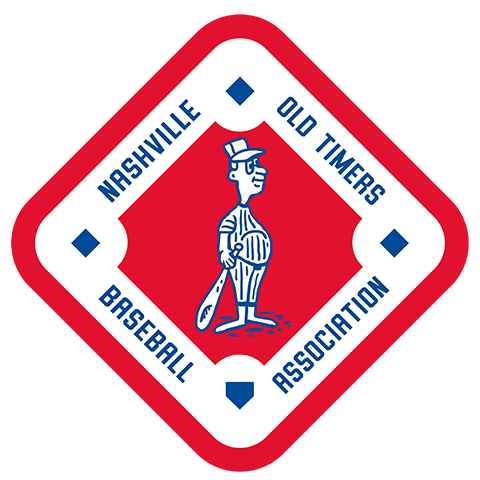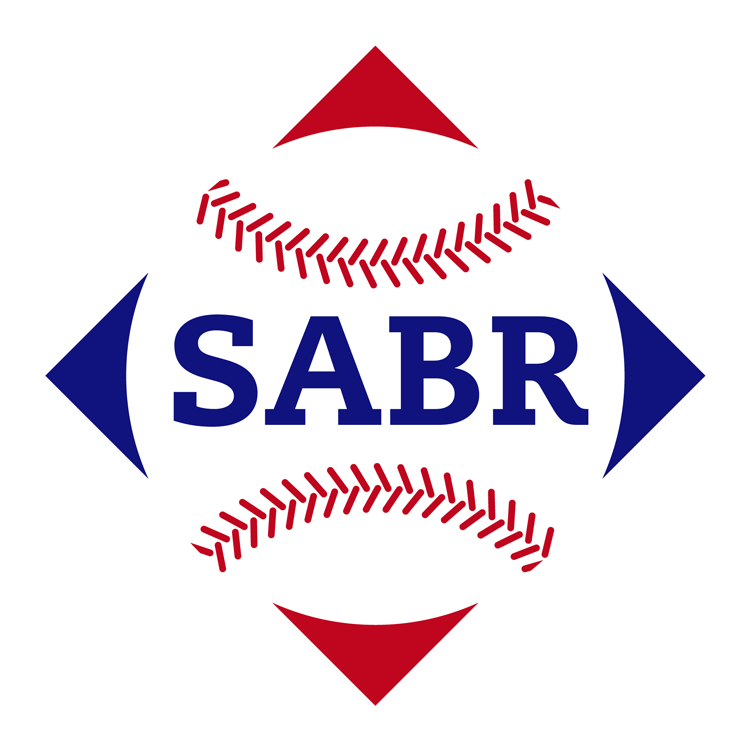
Would you venture a guess as to which year was Nashville professional baseball’s first championship? Would you say it was when Nashville won the first two Southern Association championships in 1901?
Well, no, but only a few years before that, in the 19th Century.
Let me start by telling you who the 19th Century teams, all who played in the Southern League beginning in 1885.The first professional team to play for a league championship was the Americans that year and again in 1886. Neither of those teams finished the season in first place. The 1885 Americans were 62-39, only 5 ½ games out of first place behind pennant-winning Atlanta.
Atlanta won the second flag, too, and once again Nashville finished in third place. But this time, there were 16 ½ games behind.
In 1887, the team changed its name to the Blues. It didn’t help, as the ball club finished in 4th place at 32-32 even though the league was struggling and most of the teams dropped out, including Nashville.
There was a pause of pro baseball in town as Nashville did not field a team again until 1893 when the team was resurrected as the Tigers, destined for last place in the 12-team league and a record of 33-60.
Then George Stallings came to town. The man who would become manager of the 1914 Miracle Boston Braves – you can look it up – but once again, most of the league’s teams became insolvent and began to sell their players. Nashville finished with a 30-38 record in 1894, and once again, no championship.
But then came the Nashville Seraphs in 1895. Other members of the league at this time were Atlanta, Evansville, Little Rock, New Orleans, Memphis, Mobile, and Montgomery.
What is a Seraph, you ask? According to one reference, “it is an angelic being, regarded in traditional Christian angelology as belonging to the highest order of the celestial hierarchy, associated with light, ardor, and purity.”
Nashville took first place by winning 20 straight games when their record was 65-35 with Evansville and Atlanta only a few games behind. With the league schedule calling for the last games to be played on September 2, Atlanta won a game on September 3 (which they played on their own) against New Orleans. The extra game gave Atlanta a tie with Nashville. Nashville was 71-35 while Atlanta finished at 69-34. Nashville played three more games than Atlanta, but each team finished with the same percentage, .670.
Nashville claimed the pennant and protested the final standings due to these reasons due to some malfeasance that took place earlier in the season, and a few days later, a meeting was held in Chattanooga with league representatives.
It was reported in the Nashville American what took place at that meeting.
“The Nashville Base Ball Club of Nashville, Tenn., the club which won more games than any other club in the Southern Association and won them all fairly, not a forfeited game or an irregular game of any description being included, has justly and rightfully been declared the championship pennant winners for the season of 1895, and the pennant for which the Nashville team so earnestly fought and so fairly won by their magnificent line of twenty consecutive victories at the close of the season, will fly from the grounds of the Nashville club.”
The league voided Atlanta’s September 3 game played after the season and took a win away from Atlanta, Nashville’s percentage jumped to, .676. Atlanta’s percentage fell to .667.
It was Nashville first professional baseball championship. However, the team folded and did not rejoin the Southern League which called it quits in 1899.
If you want me to explain why the championship team took on the name “Seraphs,” the reason is obscure. I can find no explanation in the Nashville newspapers in 1895. Angelic being? Celestial hierarchy? Light, ardor, and purity hardly describe a baseball team, so none fit.
Americans, Blues, Tigers, and Seraphs will give way to “Volunteers” at the turn of the Century, a name more fitting in tribute to the nickname of the State of Tennessee, and much more gratifying for a baseball team to rally around. “Vols” would remain the name of Nashville’s team until 1963.
Sources
Nashville Banner
Nashville Tennessean
Newspapers.com
Wright, Marshall D. (2002). The Southern Association in Baseball 1885-1961. McFarland & Company, Jefferson, NC.
© 2025 by Skip Nipper. All Rights Reserved.



